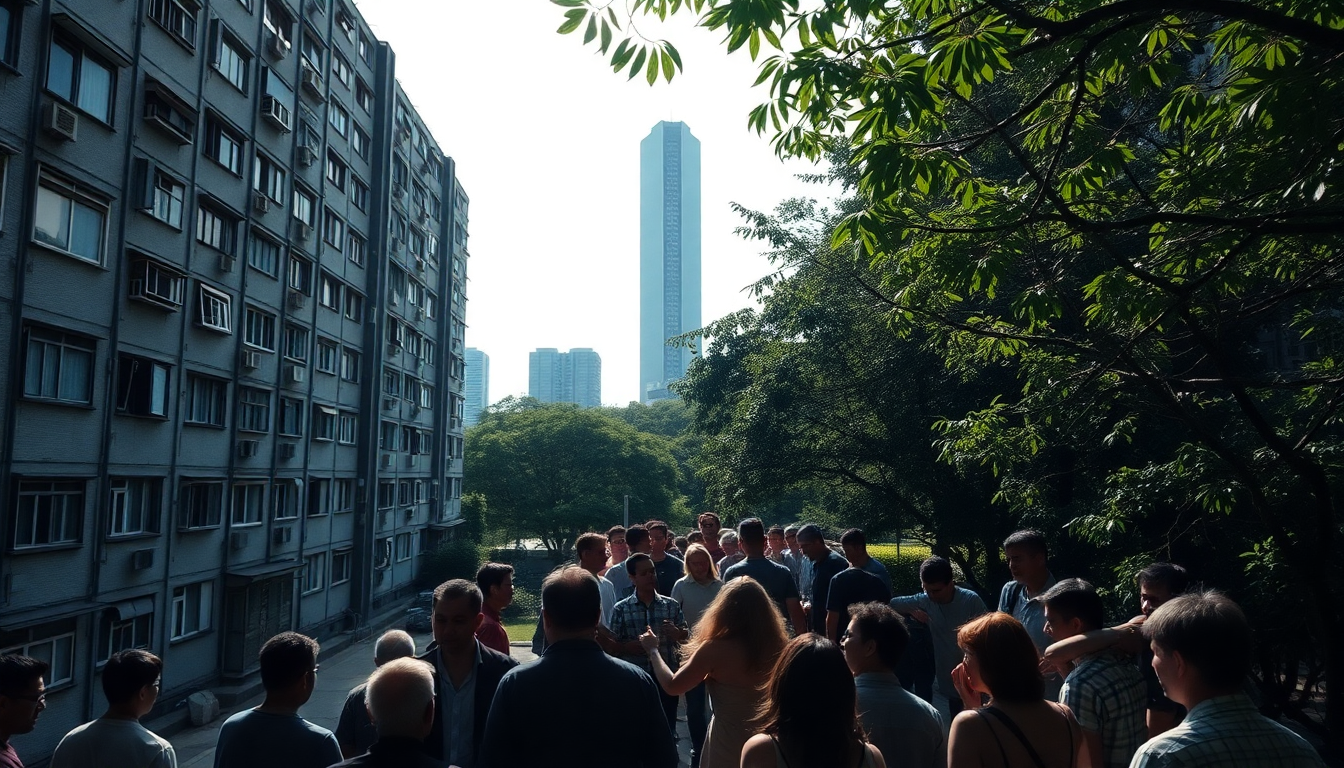Table of Contents
The landscape of public housing in Hong Kong is becoming increasingly intricate. As authorities ramp up efforts to address potential abuses of the system, the stakes for tenants are getting higher. A recent ruling by the High Court highlights this trend, as it denied a public housing tenant’s request to challenge an eviction order.
What does this mean for residents? Let’s dive deeper into the implications.
Insights into the High Court’s Ruling
On a Wednesday in October, the High Court issued a written judgment that denied Tang Wai-yin, a violin teacher, permission to pursue a judicial review regarding the Housing Authority’s decision to repossess her flat in Tin Shui Wai.
The court deemed the authorities’ claim—that Tang was not residing in the unit—as reasonable. This ruling reveals the hurdles tenants face when contesting eviction orders, especially in a climate where housing resources are under intense scrutiny.
This ruling didn’t happen in a vacuum; it comes on the heels of increased awareness about potential housing resource misuse.
A high-profile case involving Kwong Kau, the former father-in-law of a murdered model, has brought these issues to the forefront. Reports surfaced in 2023 that he owned both a luxury residence and a subsidized flat, leading to a broader investigation into possible abuses within the public housing system.
How many more stories like this are out there?
Tenant’s Complaints and the Investigation Process
Tang Wai-yin has been vocal about her frustrations with the investigation conducted by the Housing Department’s public housing resources management subsection. Over the past year, she faced 18 unannounced inspections of her flat—often while she was away for work or family commitments.
This raises an important question: where do we draw the line between necessary regulatory oversight and tenant rights? Especially when life circumstances can legitimately impact occupancy.
In her defense, Tang tried to explain the low levels of water and electricity consumption reported in her flat.
She attributed it to her eco-friendly lifestyle, emphasizing that she intentionally avoided using air conditioning and refrigerators during the hot summer months. Her situation underscores the complexities tenants face as they navigate regulations that often fail to consider individual lifestyles. How can the system evolve to better accommodate diverse living situations?
Broader Implications for Public Housing Policy
The High Court’s decision reflects a broader trend in Hong Kong’s public housing policy. With the government intensifying its focus on ensuring that public housing resources are allocated to legitimate users, the implications for tenants are profound. Given the ongoing housing crisis in Hong Kong—marked by skyrocketing property prices and limited affordable options—the integrity of public housing has never been more critical.
As public sentiment shifts regarding housing policies, it remains to be seen how future cases will unfold. Will tenants find the legal pathways available to them sufficient to effectively contest eviction orders? While increased scrutiny could lead to stronger protections for tenants, it also presents challenges as authorities strive to maintain control over public housing allocations. How can we ensure that the system works for everyone involved?





